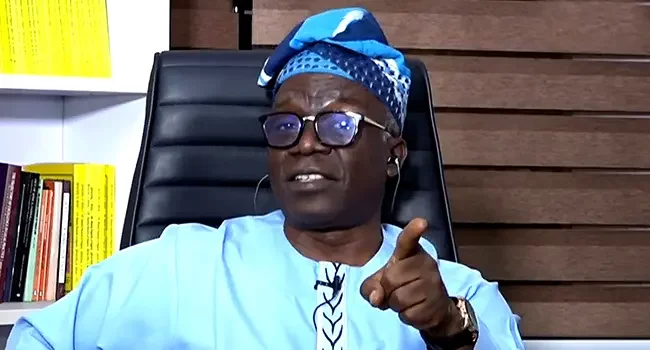
The Chairman Alliance on Surviving Covid 19 and Beyond (ASCAB), Femi Falana, SAN, has called on President Bola Ahmed Tinubu to reject the advice of the International Monetary Fund, IMF, to increase the prices of fuel and electricity in Nigeria.
Falana made this known in a statement he personally signed and sent to Vanguard on Friday.
While disclosing a contrast advice given to UK Chancellor, Jeremy Hunt against cutting taxes by the IMF, Falana warned Tinubu to flatly rejected IMF anti-subsidy campaign in Nigeria.
He said: "Sometime in November 2023, the Minister of Power, Adebayo Adelabu, said that President Bola Tinubu stopped the implementation of a hike in electricity tariff and insisted that subsidy be paid on power consumed nationwide. Adelabu said then "Tariffs should have been raised months back, but Mr President said until we can achieve regular and incremental power supply we can't touch the tariff."
"The Minister also said that "But for political reasons and empathy, you can not cause additional burden on Nigerians. We just had the removal of the fuel subsidy, we are talking about the exchange rate skyrocketing, galloping inflation, and so many others that bring hardship to the people." On January 1, 2024, the Nigerian Electricity Regulatory Commission (NERC) equally dismissed the widespread rumours of an increase in electricity.
"In the same vein, on February 8, 2024, the Nigerian state-oil company the Nigerian National Petroleum Corporation Limited said that it had no plans to raise petrol prices after a second devaluation of the local naira currency in less than a year, following speculation that it could increase prices to recover some of its import costs.
"The NNPC - the sole importer of petrol because local private firms are unable to obtain foreign currency - urged Nigerians to disregard the speculation about price rises, adding that "there are no plans for an upward review of the (petrol) price."
"However, three days ago, the International Monetary Fund (IMF) directed the Bola Tinubu administration to remove the pump price of fuel and electricity tariffs without any further delay on the grounds that "current subsidized rates are thought to be significantly below the actual market prices. By phasing out these subsidies, the government would allow fuel and electricity prices to align more closely with their true market value, potentially leading to increased costs for consumers."
"Barely 24 hours later, the Minister of Power, Mr. Adedibu said that Nigeria could not continue to subsidise electricity, adding that the nation must begin to move towards a cost-effective tariff model, as the country is currently indebted to the tune of 1.3 trillion naira to generating companies (GenCos) and 1.3 billion dollars owed gas companies."
"It is doubtful if the neoliberal ideologues in government are aware of the fact that on January 30, 2024, the IMF warned the UK Chancellor, Jeremy Hunt against cutting taxes, arguing that country needs to curb public borrowing and prioritise spending in areas such as health, education and tackling climate change. Pierre-Olivier Gourinchas, IMF chief economist, told the Financial Times that the UK's focus should be on "the path towards a fiscal consolidation" despite expectations that Hunt would cut taxes at his spring Budget.
"Hunt should be "trying to rebuild fiscal buffers . . . in the context in which there are important spending needs", Gourinchas said, rather than add to the £20bn of personal and business tax cuts delivered in November. We would rather wish they would not do this type of tax cuts, and that they would instead focus on both addressing the spending needs and on the path towards a fiscal consolidation."
"In urging the Bola Tinubu administration to pluck up the courage to reject the dangerous directives of the IMF to further increase the pump price of PMS and electricity tariffs, the international intruder should be questioned for applying different standards to Nigeria and the United Kingdom. Henceforth, the Federal Government should halt the implementation of the dangerous prescriptions of the IMF including the removal of subsidies and floating of the Naira.
"Our economic managers should be wary of the sort of lectures they receive from the IMF on the matter of subsidies given the realities in some advanced capitalist economies.
"According to the London-based news agency, Reuters, on June 8, 2023, the British government said that it had paid almost 40 billion pounds ($50 billion) in energy subsidies since it began to help households and businesses cope with the surge in power bills after Russia's invasion of Ukraine.
"The same Reuters reported last year that the United States' subsidies for renewable energy producers more than doubled between 2016 and 2022, forming nearly half of all federal energy-related support in that period. Renewable subsidies jumped to $15.6 billion in fiscal year 2022 from $7.4 billion in fiscal year 2016, according to the Energy Information Administration's Federal Financial Interventions and Subsidies in Energy report.
"The French newspaper, Le Monde, also reported that on April 21, 2023, the French government said that it would continue subsidising electricity bills into 2025 as prices suffer from Russia's invasion of "Ukraine and part of the country's nuclear reactor fleet remaining offline. The IMF has not called on France to stop subsidising electricity and increase electricity tariffs. So, the IMF anti-subsidy campaign in Nigeria should be flatly rejected. "

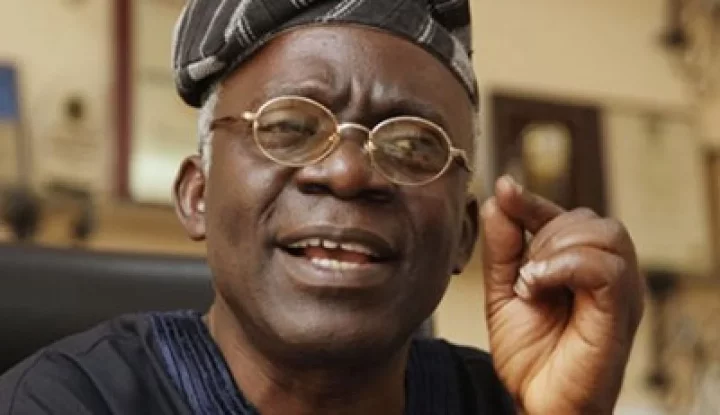
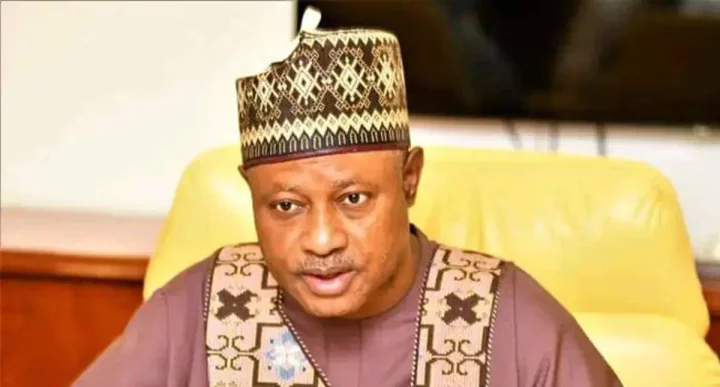
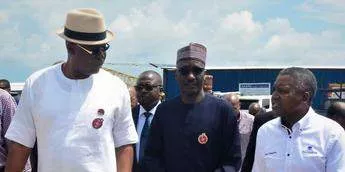

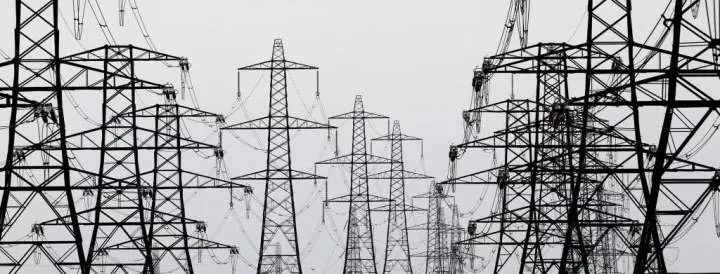


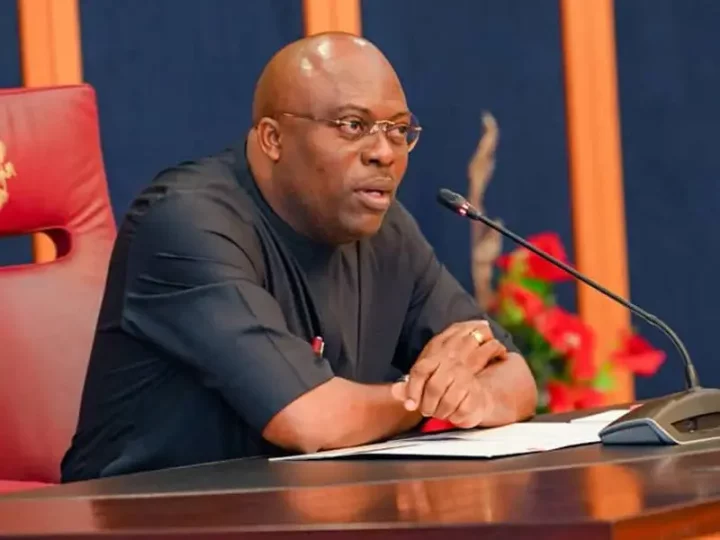




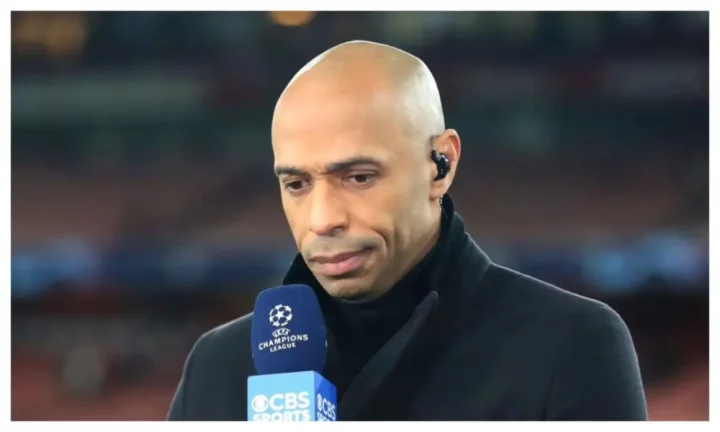




Comments